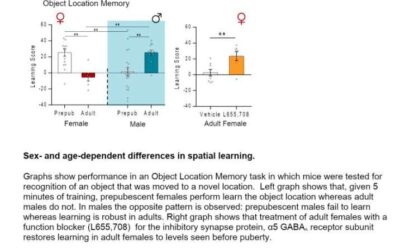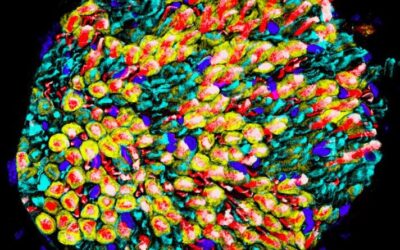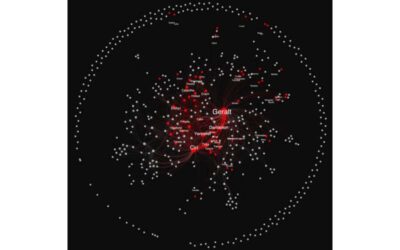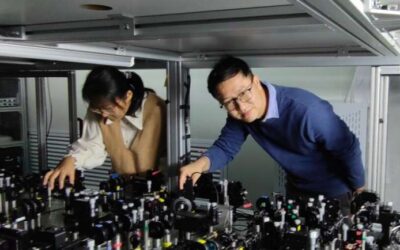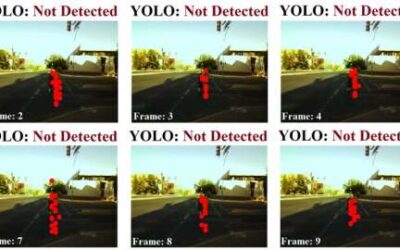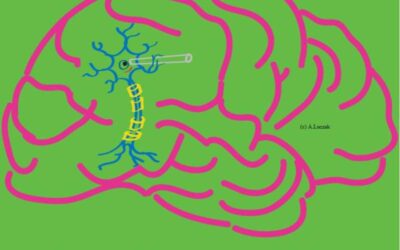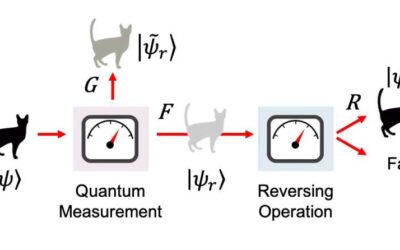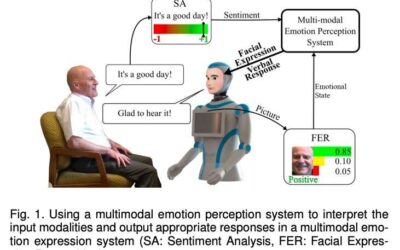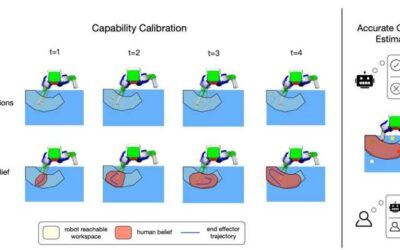Work
Study finds that hippocampal learning worsens in female rodents and improves in males during puberty
Neuroscience research suggests that adult male rodents and humans perform better than females on spatial tasks. These are tasks that involve the ability to understand and remember the spatial...
Using single-nuclei RNA sequencing to examine glial cells in peripheral nerves
The peripheral nervous system is comprised of all nerves outside of the brain and the spinal cord (i.e., the central nervous system). Peripheral nerves contain a variety of different cell types,...
Data scientist builds a detailed network map of ‘The Witcher’
"The Witcher," a fantasy novel series by Andrzej Sapkowski, has become increasingly popular, following the release of several videogames and a spin-off series by Netflix. The latest season of the...
Physicists test real quantum theory in an optical quantum network
Quantum theory was originally formulated using complex numbers. Nonetheless, when replying to a letter by Hendrik Lorenz, Erwin Schrödinger (one of its founding fathers), wrote: "Using complex...
A method to automatically generate radar-camera datasets for deep learning applications
In recent years, roboticists and computer scientists have been developing a wide range of systems that can detect objects in their environment and navigate it accordingly. Most of these systems are...
Study shows that individual neurons could learn by predicting future activity
Humans have been trying to understand how the brain works and how it acquires information for centuries. While neuroscientists now have a pretty good understanding of how different parts of the...
Study redefines what information is important in quantum measurements
Researchers at Korea Institute of Science and Technology (KIST) have recently tried to capture the interplay between different types of information that are important while collecting quantum...
Artificial emotional intelligence could change senior users’ perceptions of social robots
Socially assistive robots (SARS) are a class of robotic systems specifically designed to help vulnerable or older users to complete everyday activities. In addition to increasing their independence,...
A reachability-expressive motion planning algorithm to enhance human-robot collaboration
A team of researchers at University of California, Los Angeles (UCLA)'s Center for Vision, Cognition, Learning, and Autonomy (VCLA), led by Prof. Song-Chun Zhu, recently developed an approach that...
A labriform swimming robot to complete missions underwater
Developing robots inspired by animals and other biological systems has become a key research focus for many roboticists worldwide. By artificially reproducing biological mechanisms, these robots...

